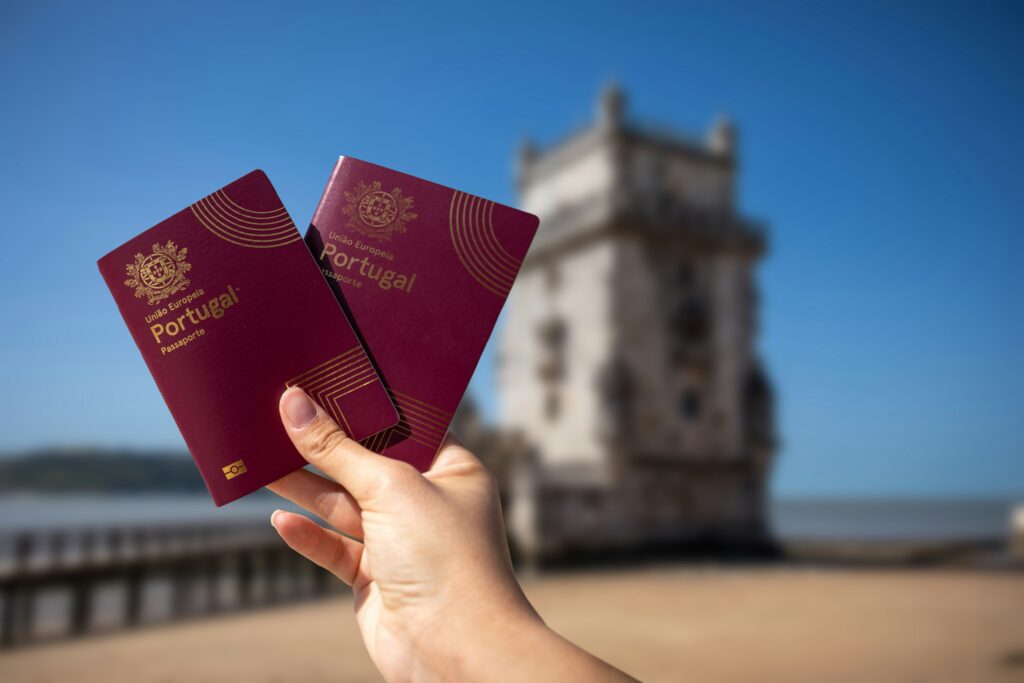Not everyone who dreams of living in Europe has European lineage — but that doesn’t mean it’s an impossible dream. Portugal offers several opportunities for immigrants to become legal residents.
Check out this practical guide:
1. Marriage to a Portuguese citizen
How it works:
If you are married to a Portuguese citizen, you can apply for citizenship after 3 years of marriage if the couple has Portuguese children in common (that is, if the marriage has already created a direct link with Portugal), or after 6 years of marriage if you don’t have children.
What is required:
-
Prove that the marriage is genuine;
-
Demonstrate ties to the Portuguese community (for example, visits to the country, social integration, or participation in community events).
This is the fastest path for those in a stable relationship, but it’s essential to have all documentation organized to avoid delays.
2. Naturalization through residence
How it works:
If you don’t have Portuguese ancestry, legally living in Portugal is one of the most common ways to obtain citizenship. The law requires 5 years of legal and continuous residence.
What is required:
-
Proof of legal residence in Portugal;
-
Basic knowledge of Portuguese;
-
Demonstrated integration into Portuguese society (work, studies, or social participation).
3. Investment in Portugal (Golden Visa)
How it works:
The Golden Visa program allows you to reside legally in Portugal through real estate, business, or financial investment. After the required period (usually 5 years), you may apply for citizenship.
What is required:
-
Financial capacity to invest according to the program’s criteria;
-
Proof of residence and connection to Portugal during the visa validity period.
Requirements:
-
Minimum legal residence of 5 years (or 3 to 6 years for marriage);
-
Basic knowledge of the Portuguese language;
-
Proof of integration into Portuguese society;
-
Personal documents in order: certificates, criminal records, and proof of residence.
Benefits:
-
Free movement and work rights throughout the European Union;
-
Access to education and public healthcare in Portugal;
-
Right to open businesses or invest anywhere in Europe;
-
European passport, which can also be passed on to your children.









